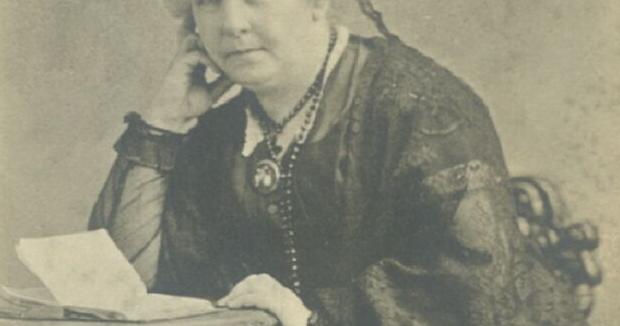
When anyone thinks of the Civil War era, one of the main players was obviously Abraham Lincoln — an American lawyer, politician and statesman who served as the 16th president of the United States.
We know that in 1861 Lincoln was elected president, but are you aware that a political movement known as the “Wide Awakes” helped him become president? Or, that Seneca Falls itself had a group of these political activists?
The first-known Wide Awakes in the country assembled in Hartford, Conn., on Feb. 25, 1860, to hear an anti-slavery politician from Kentucky named Cassius Clay speak. After serious threats were made against Clay, a group of young men formed a parade by torchlight to escort him. Most of these young men were dressed in capes made of oilcloth to protect their clothes from the dripping oil of the torches, a look that would continue with those who participated in the movement. A week later in Hartford, the first official Wide Awakes Club was founded. Soon added to the Wide Awakes’ costume were military caps, as well as large banners with painted eyeballs.
As the movement spread quickly in the spring and summer of 1860, more clubs formed across the northern and midwestern United States. Many of these young adults were literally and figuratively opening their eyes, protesting against the expansion of injustices and slavery in the United States. A chapter of the Wide Awakes would later be formed in September 1860 in Seneca Falls, with many other chapters forming across the Upstate region. One of the grandest turnouts in Seneca County happened in this town on the night of Sept. 11, 1860.
The torchlight procession of the Seneca Falls Wide Awakes was organized by D.B. Lum, who at that time was the chair of the Wide Awakes Executive Committee. The event was held at Union Hall, which was originally on the corner of Ovid and Bayard streets in Seneca Falls. The speaker that evening was A.H. Hovey of Onondaga, who spoke until the Geneva chapter of Wide Awakes arrived later that evening.
Originally, the Geneva chapter members had planned to get to Seneca Falls by boat. The boat they were to use was owned by a man named Mr. Wright, who feared they might “break a wheel!” The group instead had to take the train — 80 men and women arriving at Seneca Falls on the 9 o’clock train. Hovey, along with Ansel Bascom and Mr. Dusenberrie from the Geneva Wide Awakes, all delivered speeches that night to the masses.
The Union Hall meeting was so enthusiastic that it lasted until 3 a.m., when the Geneva visitors were escorted back to the train station by their Seneca Falls brethren.
Shortly before this event, a beautiful banner made of satin and hand-sewn by the Republican Ladies of Seneca Falls was given to the Wide Awakes Club. The banner was described as being nine feet long, its front side white bearing a beautiful representation of an eagle and the mottoes “God and Our Native Land” and “The Union and the Constitution Forever.” The banner’s reverse side was blue and inscribed with the quotation “Light the Torch of Liberty.”
The Wide Awakes met at the Concert Hall on State Street in Seneca Falls to receive the banner. The Concert Hall building was later purchased by James Sanderson, who ran his undertaking business there until moving it to the Partridge block on Fall Street. Newspaper reports described the hall so jammed full for the meeting that it was impossible to get in or out.
One name readers may recognize from among the attendees is Elizabeth Cady Stanton, who gave a speech on behalf of the Republican Ladies of Seneca Falls. Stanton spoke heavily on the importance of abolition and the overall abolishment of slavery, almost criticizing the Wide Awakes by saying: “While you are opposed merely to the extension of slavery, I am opposed to its existence. While you say it has no right in the territories, I say it has no right anywhere in the land of the free and the home of the brave.”
The Sept. 13, 1860, Seneca County Courier article reported Stanton’s speech as “grand … eloquent and philosophical, and was delivered in a manner so impressive as to command the rapt attention of the audience.”
While the Wide Awakes were not, technically, a part of the Republican party, they also shared the same passion for Lincoln. After Lincoln’s election in 1861, the group seemed to fade into obscurity. Today, it lives on in history through haunting photographs and written speeches, lingering evidence of their activities all over the northern United States.
In Seneca Falls, they are a forgotten part of this town’s long and luscious history, a history cemented in reform and progress.
